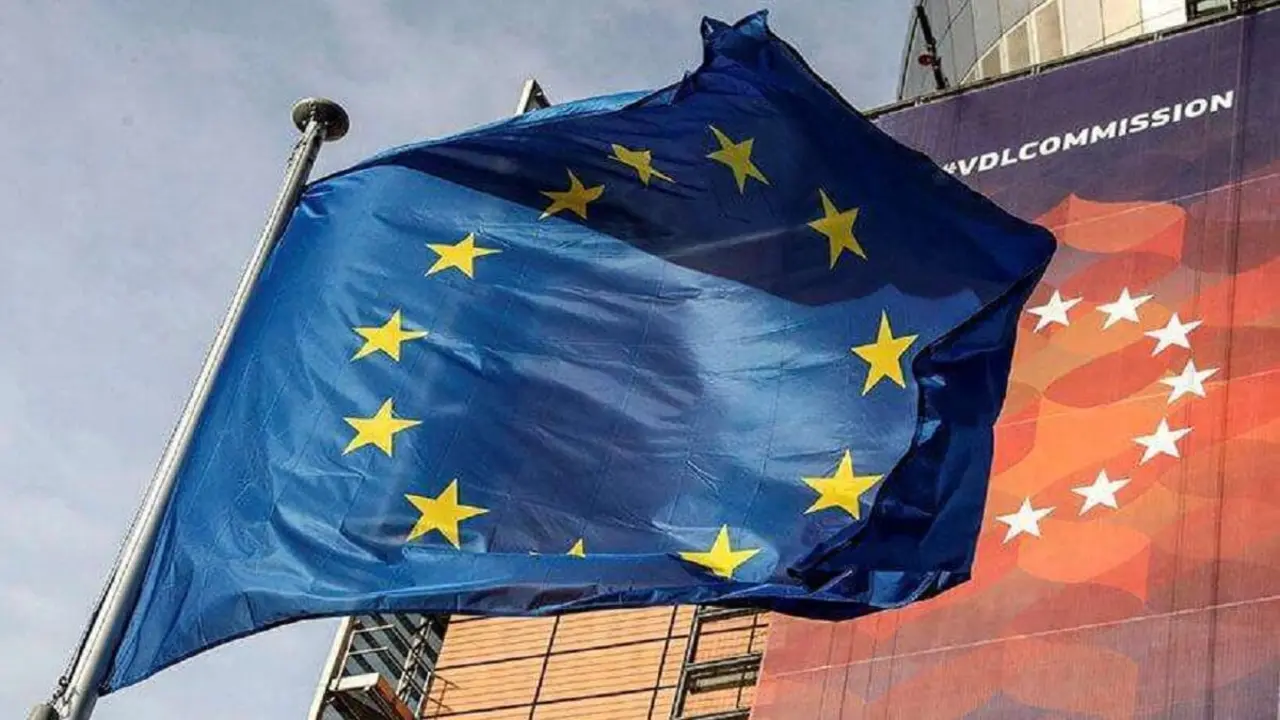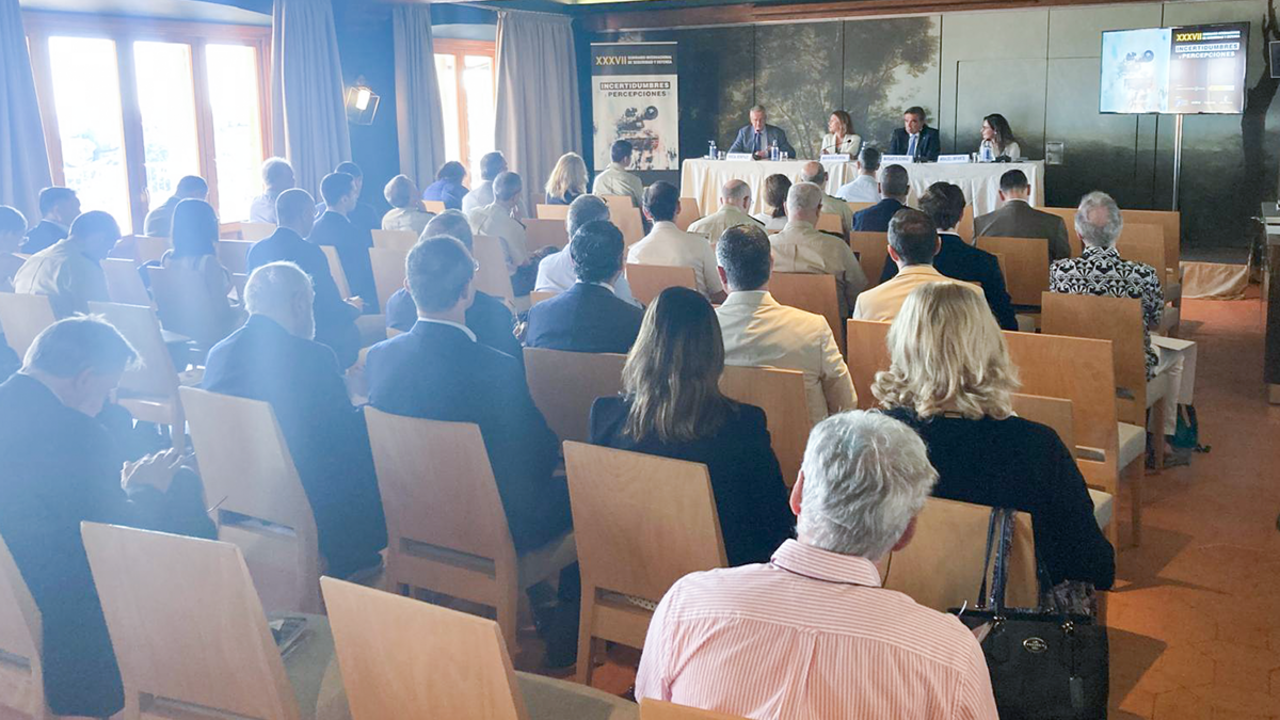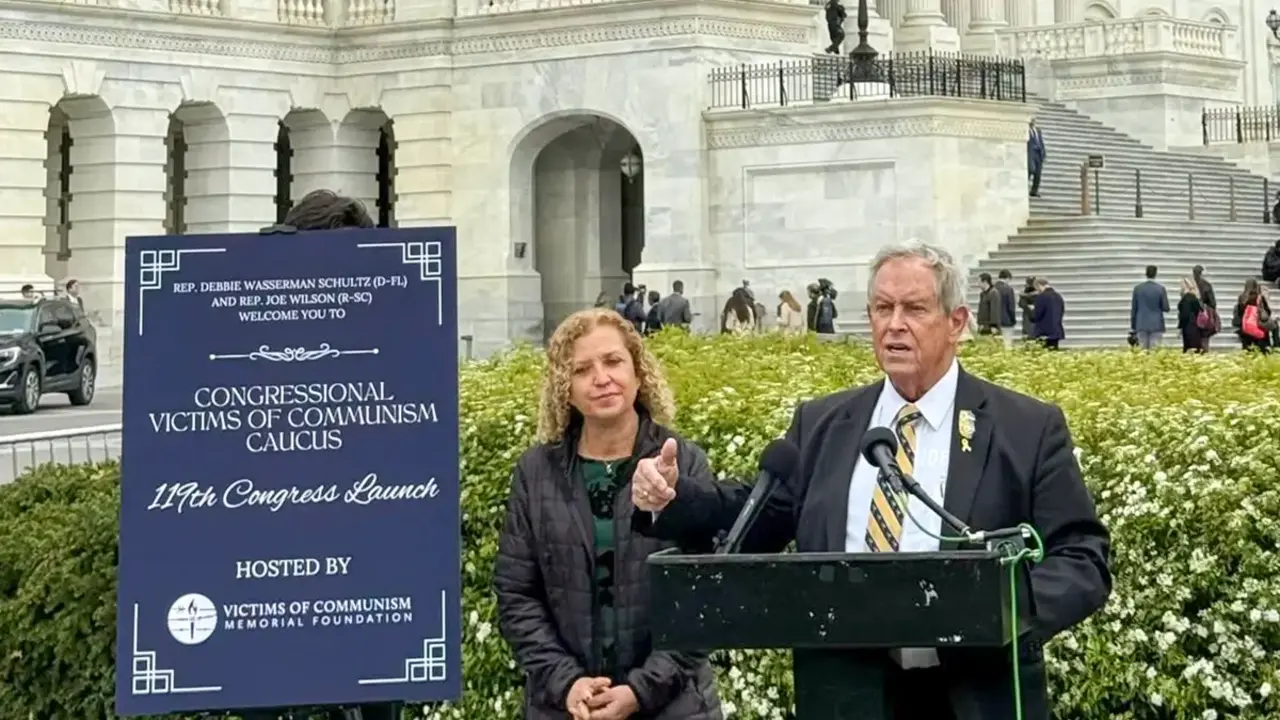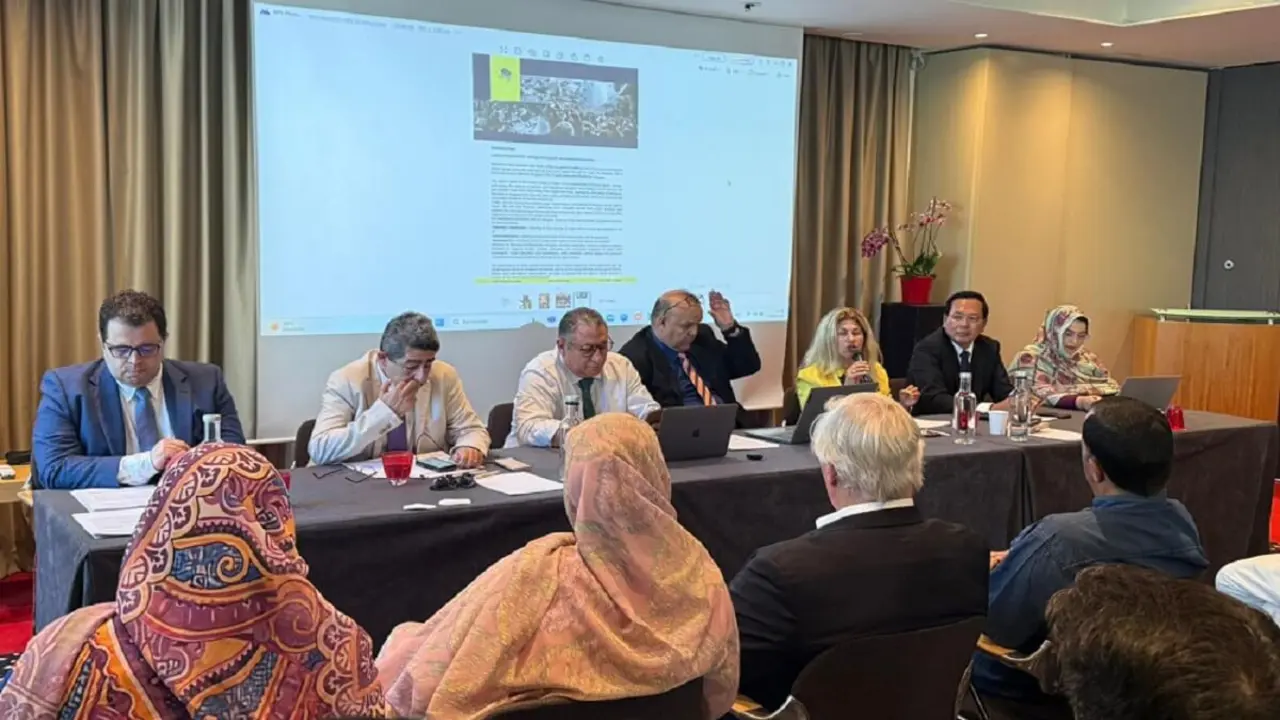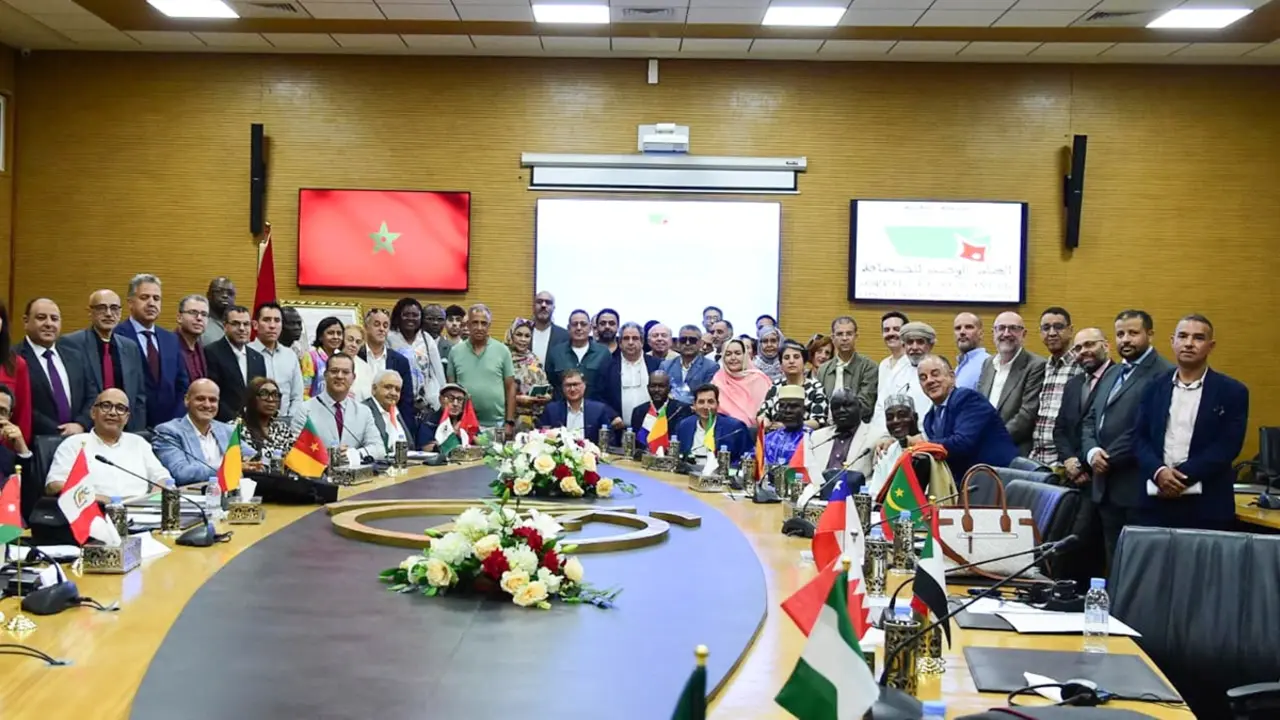The Taliban will negotiate the release of 400 prisoners

These releases would complete the commitment to exchange, which was stipulated as a prerequisite for the talks, after five months of disagreement between the Government in Kabul and the Taliban. The fate of these 400 Taliban was one of the main obstacles to the start of the negotiations, which have been postponed many times, between the insurgents and the Afghan government, which had committed itself in advance to a prisoner exchange.

The future of the prisoners is a crucial issue in the opening of the negotiations, as both sides have committed to a prisoner exchange that must precede these discussions. Kabul has already released almost 5,000 Taliban prisoners, but the Afghan authorities have so far refused to release the last 400 captives claimed by the insurgents. Some are directly involved in deadly attacks that have killed Afghans and foreigners, 44 of whom are under special investigation by the United States and other countries for their role in attacks on key targets.
The group of prisoners also includes the two killers of Bettina Goislard, a French employee of the United Nations High Commissioner for Refugees, who was murdered on 16 November 2003 in Ghazni, 130 kilometres south of Kabul. "Such a decision to release Bettina Goislard in a context of negotiations would be inconceivable to us," Goislard's family said in a statement Saturday, denouncing a "denial" of justice. The list also contains the name of a former Afghan soldier who, in 2012, in Kapisa province, killed five French soldiers and injured 13 others.

A large Afghan assembly, known as the "Loya jirga", made up of thousands of dignitaries, state officials and tribal leaders, agreed on Sunday on the principle of freeing the 400 Taliban. In its final resolution, the "Loya Jirga" said it approved the release of the prisoners "to remove obstacles to the opening of peace talks, to end the carnage and for the public good". The assembly also called on the government to monitor the released prisoners to ensure that they do not return to combat and called for an immediate ceasefire throughout the country.
"Our position is clear, if the prisoners are released, then we will be ready for inter-Afghan discussions within a week," said Taliban spokesman Suhail Shaheen, adding that the first round of talks would take place in Doha. Shaheen said the Taliban delegation will be led by Abbas Stanekzai, the Taliban's chief negotiator in the talks with Washington that preceded the February agreement between the insurgents and the United States.
The release of the prisoners was a key point in this historic agreement between Washington and the Taliban for the withdrawal of U.S. troops by mid-2021 in exchange for a commitment from the Taliban to participate in peace negotiations. The Taliban delegation would be led by Abbas Stanekzai, the Taliban's chief negotiator in the talks with Washington that preceded the agreement signed in February.
The US troops and their allies' occupation of Afghanistan, scheduled for 2021 in the US-Taliban Doha agreement, has resulted in the reduction of troops from 12,000 to 8,600 and the withdrawal of five bases in the first 135 days after the agreement was signed. In statements to EFE, Ali Akbar Jamshidi, member of the Defence Committee of the Afghan Parliament, said he was "very concerned" at the possibility that "the Americans will again leave Afghanistan at the mercy of Pakistan", which could, in his opinion, encourage the Taliban to continue the fight until a military victory is achieved. The imminent release of the last 400 Taliban prisoners, which could materialise in the next few hours with the signature of Afghan President Ashraf Ghani, brings the start of peace negotiations closer than ever to a country burdened by two decades of war.

"The Taliban do not accept the government as a legitimate party in the talks, while the government insists on leading the negotiations as a representative of the nation," Abdul Baqi Amin, director general of the Qased Strategic Research Center in Kabul, told Efe. In Amin's opinion, the "current political stability of Afghanistan is very ambiguous", so "in the absence of a peace agreement and American troops in the country, the war will intensify and could trigger a civil war with the risk of government collapse".
On the other hand, there are other more optimistic voices such as the parliamentarian of the Lower House Niamatullah Karyab, who believes that negotiation is the only way for the Taliban to be part of the future of Afghanistan. "I do not see the possibility of something like a coup d'état or the collapse of the government on its own, even if the negotiation fails or is delayed. It is crazy and totally foolish if some people think about the collapse of the government. Despite the failures and shortcomings, it is better to have a system in place than not to have one at all," he told Efe Karyab, "Democracy is a big umbrella under which everyone can have a place to live, but if this roof collapses, we will all be homeless ".


